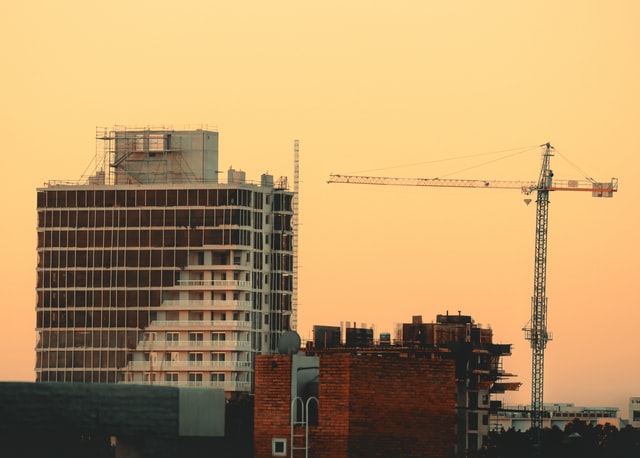

Arbitration in resolving civil construction disputes
Understand the main issues around disputes in the sector and applicable laws for public and private works
Arbitration has become the main method for resolving disputes in the construction industry, particularly due to the complexity of the projects and the high risks involved. In Brazil, private construction projects are subject to the Brazilian Civil Code (CC), while public construction projects must comply with the Public Bid Law and the New Public Bid Law.
Construction-related disputes involving the public administration currently still fall under state jurisdiction. However, there is an increasing trend towards applying arbitration proceedings to disputes involving public authorities.
Learn more about how arbitration is being used to resolve construction disputes below.
Schedule delays and work acceleration
Large construction projects commonly encounter unforeseen delays, and compensation is measured according to the extent of the losses incurred (Article 944 of the CC) in such situations. In cases of comparative negligence between the parties, Article 945 of the CC may also apply – this would take each party’s role into account when determining the compensation due.
The Brazilian legal system lacks legal provisions that would justify compensation for contractors if works are accelerated to meet deadlines. Compensation for extra costs related to accelerating work depends on the cause of the delays, as well as whether the other party can be held liable.
Risk allocation
According to the principle of contractual freedom, parties can establish parameters that would authorize the contract to be terminated. Likewise, risks due to force majeure can also be agreed upon. As a general rule, the parties are free to allocate substantial risks in a construction contract.
Although the parties’ autonomy in this regard is supported by Law No. 13,874/2019 – especially concerning the Judiciary’s power to limit contractual revisions – the principles of good faith and social responsibility must still be observed. Therefore, precedents exist where the contractual distribution of risks has been relaxed or revised when found to be abusive.
Exclusion and limitation of liability
Brazilian law accepts clauses in construction contracts that limit or exclude the liability of the parties involved. However, exclusion or limitation of liability does not apply to certain claims, such as those relating to third parties and to injury or death, as well as disputes in which intentional misconduct or gross negligence is proven.
Furthermore, the contractor can be liable for the sound construction and safety of the works for up to five years (Article 618 of the CC). Contractual provisions that provide otherwise are invalid, as they go against established legal protections for both the contractor and the community exposed to the construction and are thus contrary to the public interest.
Suspending and terminating contracts
Article 623 of the CC authorizes owners of construction projects to halt construction at any time. However, in doing so, the owner must pay for expenses incurred by the contractor, as well as compensation for lost profits that would have otherwise been earned while works were being completed.
On the other hand, the contractor may suspend works (under Article 625 of the CC) without owing compensation to the owner unless it has otherwise been expressly provided for. For example, the law authorizes suspension where delays have occurred due to the contracting party’s negligence, or if it has demanded disproportionate modifications.
In addition to a substantial breach of the contract or an extraordinary supervening event – both of which are provided for by law – the parties are permitted to establish other events that would determine contractual amendments or (partial or total) termination. However, this is provided that the principles of good faith and social responsibility are observed.
The Judiciary, mediation, and dispute boards
Once an arbitration agreement is verified, the Judiciary is responsible for granting any injunctions until the arbitral tribunal is formed. Such preliminary decisions may then be upheld, modified, or revoked by the arbitrators. Moreover, there is no procedure imposed on the parties prior to arbitration except for a contractual provision regarding mandatory mediation.
In Brazil, depending on the size and complexity of a given construction project and its respective contract, a clause that provides for a negotiation or dispute board prior to arbitration is recommended. However, non-compliance with these clauses does not prevent the initiation of arbitration proceedings.
For further information, please contact Mattos Filho’s Litigation and Arbitration and Infrastructure and Energy practice areas.
*The summary of this article is available in French, Japanese and Italian at this link.



